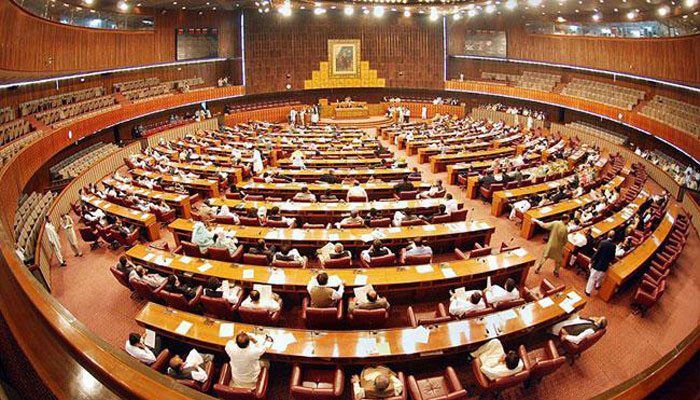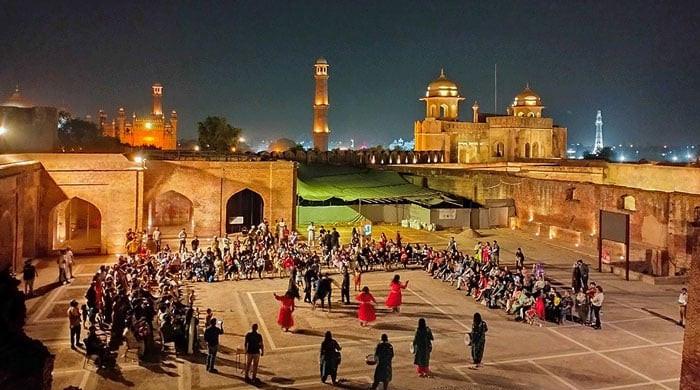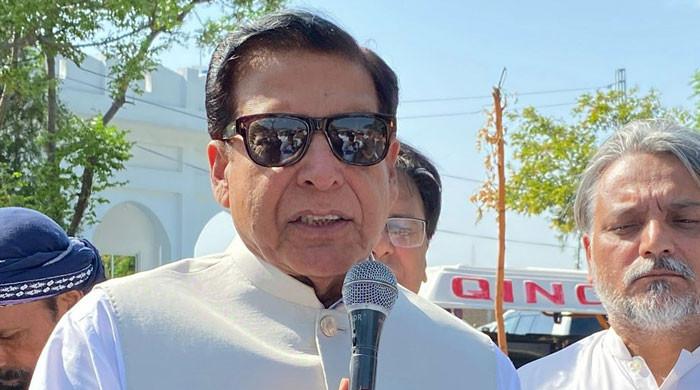2019 in review: How the legislatures fared in terms of bills, laws and ordinances
KP govt was the most active, passing 41 laws; govts in centre and Punjab relied heavily on ordinances
December 28, 2019

One of the major tests for any government is its ability to convert proposed bills into law, and what steps it takes, thereafter, to ensure implementation.
Prime Minister Imran Khan's government has at times been found wanting on the legislation front. Soon after coming into office, the premier told a press gaggle that since his political party lacked majority in the Senate, his government would govern through presidential ordinances.
It is worth mentioning that an ordinance, as per the Constitution, can only be issued in extraordinary circumstances as it bypasses the opposition and debate in the lower house.
Did the prime minister remain true to his word? And how did the four provincial legislatures fare in Calendar Year 2019? Geo.tv reviews the quintet of assemblies' performances below:
National Assembly: 9 laws, 10 ordinances
The proceedings in the lower house of the parliament were marred by chaos this year, as politicians from the opposition benches were whisked away turn-by-turn by the National Accountability Bureau. It may be one of the reasons why the government had to rely heavily on legislating through ordinances.
This year, a total of 21 ordinances were signed into law by the president. Eleven of the 21 were passed in a single day but later retracted after protests from the opposition benches.
As for acts of parliament, nine bills were passed in the assembly, of which three were related to the budget. Three additional bills were approved, but are, as of now, pending in Senate, namely The Naya Pakistan Housing and Development Authority Bill, The Anti-Money Laundering Amendment Bill and The Foreign Exchange Regulation Bill.
Khyber Pakhtunkhwa Assembly: 41 laws
Unlike the National Assembly, the ruling party Pakistan Tehreek-e-Insaf (PTI) enjoyed an overwhelming majority in the Khyber Pakhtunkhwa Assembly. Taking advantage of this, the PTI-dominated house passed 41 bills in 2019. These include 19 new acts, 29 amendments to existing acts and one repeal.
The most significant legislation was the Enforcement of Women's Property Rights Act, Legal Aid Act 2019 and The Khyber Pakhtunkhwa Tourism Act.
There were also some laws which stirred up controversy in the house such as the Khasadar Force Act 2019, which aimed at bringing the khasadars and levies under the command of the KP police.
Another amendment that caused outcry was the Khyber Pakhtunkhwa Minerals Sector Governance Act. The act allows the provincial government to take over mines and minerals of the newly merged tribal districts.
The passing of the Khyber Pakhtunkhwa Regional and District Health Authorities Act 2019 also brought the government and doctors on a collision course, as the latter termed the legislation an attempt to privatise the health sector.
Balochistan Assembly: 13 laws
The Balochistan Assembly passed eight bills into law, the most noteworthy of which was the Balochistan Mental Health Act 2019, which provides better facilities to mental health patients.
The provincial assembly also passed the Essential Education Services Act, which declared education an essential service and barred teachers from protesting and boycotting classes.
Sindh Assembly: 21 laws
Led by the Pakistan Peoples party, which is on the opposition benches at the centre, the Sindh Assembly passed 21 bills in 2019.
The most significant of the bills was The Sindh Women Agriculture Workers Bill 2019. The law protects the rights of women working in the agriculture sector by limiting their working hours to eight hours a day, insisting on maternity leaves and written employment contracts.
The Sindh Reproductive Healthcare Rights Act was also a step towards providing reproductive healthcare and reducing maternal deaths in the province.
The Sindh Prisons and Corrections Services Act 2019 focuses on reforming prisons and correctional facilities, as well as the rehabilitation of prisoners.
According to the new law, all prisoners will have the right to an adequate diet and clean drinking water. They can also pay to have newspapers, books, writing material, air cooler, LED TV and a computer.
The Sindh Injured Persons Compulsory Medical Treatment (Amal Umer) Act 2019 ensures that every injured person will receive treatment at a hospital without any legal formalities.
Meanwhile, The Sindh Charities Registration and Regulation Act 2019 keeps a check on donations and funds collected by charitable organisations.
Moreover, the assembly also passed a bill that banned the sale, use and production of guktas in the province.
Punjab Assembly: 11 laws, 14 ordinances
In 2019, the Punjab Assembly passed 25 bills, most of which were amendments to existing laws, while 14 were ordinances which were later introduced as bills.
Apart from introducing new local government laws, some other important legislation was done by the Punjab government. The assembly passed the Punjab Occupational Safety and Health Act, Punjab Domestic Workers Act, Punjab Workers Welfare Fund Act and Punjab Minimum Wages Act.
Other noteworthy laws were the Prevention of Conflict of Interest Act, The Water Act, and Punjab Sentencing Act. From the farmers point of view, The Khal Panchayat Act was a major development.
Furthermore, the Punjab Assembly passed a bill to raise its members' salaries and perks.











